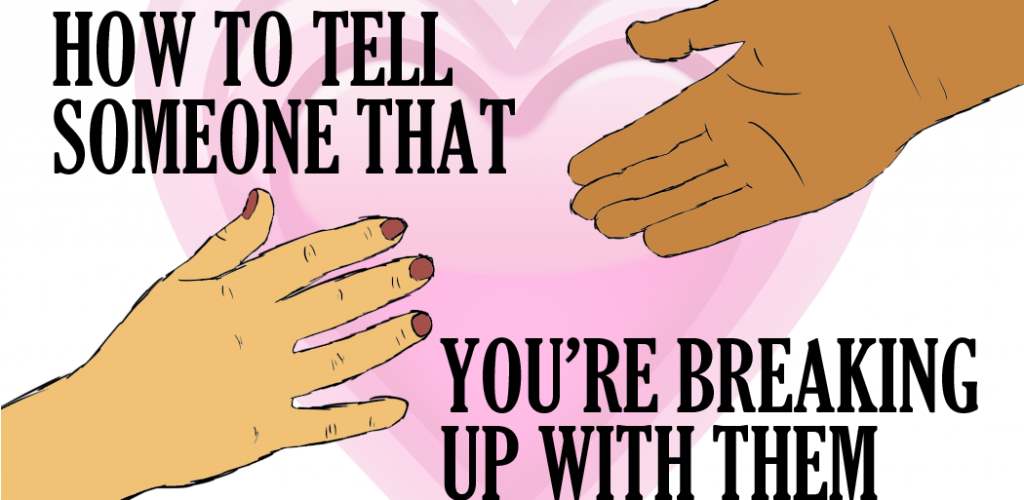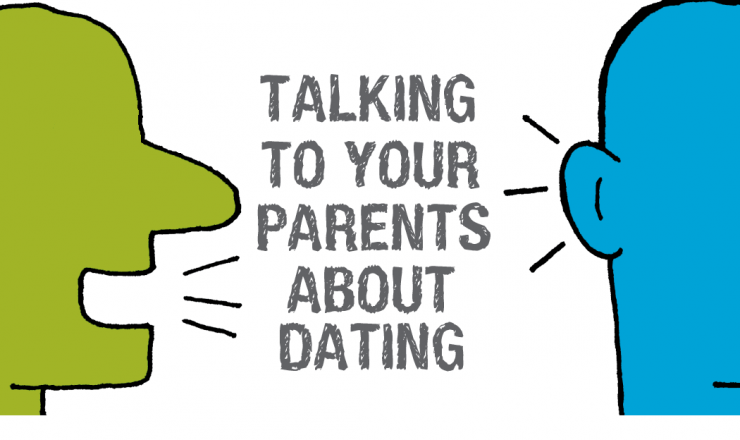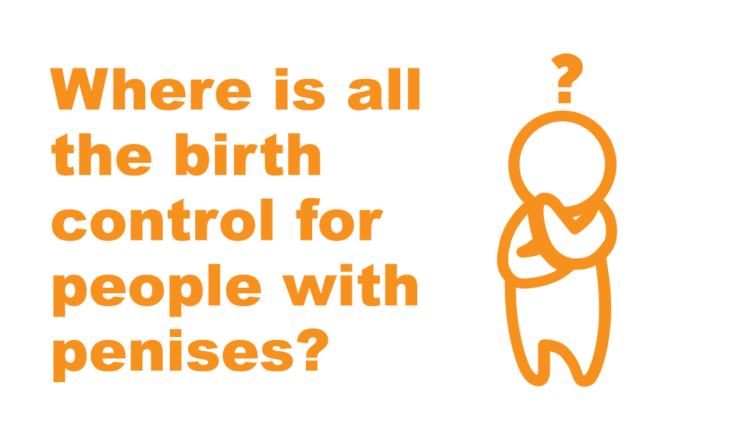

Break ups are complicated. This is usually a conversation that you want to get right, but trying to balance your own feelings and the feelings of the other person can be really hard. This blog post covers some things to consider while talking with someone about ending your relationship.
For lots of people, the decision to break up might first come just as a gut feeling that you know the relationship is over. Honouring that feeling sooner rather than later can be a benefit to both you and your partner. It can be an act of kindness to let them pursue a more fulfilling relationship, and to take care of yourself by freeing yourself from a relationship that’s no longer right for you.
Before going into the break up, it might help to dig a bit into where the feeling comes from. Is there an issue with the other person’s behaviour? With your own stage of life or wants and needs? Or perhaps you’ve met someone else? Sometimes breaking up can feel like it’s a million little thing, but focusing on the main feeling can help keep it a conversation and not a fight. Thinking about this ahead of time might better prepare you for the talk. And being honest with yourself can help you stay clear in what you share with the person.
It’s also important to think about respecting people’s feelings and time. Planning how to have this conversation – what exact words you want to say, the time and place – can help navigate difficult reactions, and again, keep it a conversation and not a fight. You can try having a set time you need to leave, and tell them that before you start the conversation. Break up conversations can sometimes just keep going in circles, and having an out keep the conversations contained, letting you leave if things get too intense.
You can also show respect by listening to the other person’s feelings about the break up. This can be hard, but it shows the other person that you still care. Sometimes people think of listening to their now ex share their feelings as a kind of goodbye gift. However, you don’t have to sit around if they are mean or are taking out their hurt on you.
Being honest with the other person about your reasons for wanting to break up is a respectful thing to do. It helps them process why the relationship is actually ending, and could help them grow in their next relationship. You can do this with “I” statements.
An example of an “I” statement could be, “I feel as though there are difficulties with communication between us”, or “I feel like I would like to be a bigger priority in your my partner’s life.” Avoiding accusing them and centering the conversation on your feelings can help your ex feel less like they’re being blamed, and could help them feel more receptive to the break up.
If you find yourself in a “situationship” — a sort of in between, “what are we” relationship, where you’re definitely more than friends, but not quite a couple, honesty and respect are still important. How you have the talk, though, might be different based on the nature of your communication so far. If you regularly talk in person, then it might still be good to end the situationship in that way. However, if you talk a lot over video chat or phone, you could do it that way. If your main communication is over text, you can do it that way, but know that that mode of communication is prone to a lot of misunderstanding and can feel cold. As with any break up, clarity is important. In a situationship, make sure your break up is clear and doesn’t add more ambiguity.
Of course, all these tips are contingent on whether you can do them safely. If you are in an abusive relationship, or you fear that a break up could turn dangerous, it is totally okay for you to prioritize your safety over being careful with your abuser’s feelings. If this is your situation, consider reaching out to friends and family for assistance, calling a helpline for support (such at the Toronto Rape Crisis Centre: Link). If you can’t do this in your house, you could use the computers at a public library, or a pay phone.
If you’re having a hard time after the break up, make sure to take care of yourself. Just because some people may have hurt feelings after a break up doesn’t mean you need to feel guilty. Consider reaching out to a friend or a a family member or contact Teen Health Source through text, phone, or online chat. Sharing your feelings, good or bad, can help. Indulge yourself in things that make you happy. You have done something brave and difficult, and you deserve to be gentle with yourself if you need to heal.
If you have questions about this topic, feel free to contact one of our peer educators. [Link]
Last Updated: April 2020

For lots of reasons, we sometimes have to (or want to!) talk about dating with our parents. Ensuring that these conversations are positive experiences can be difficult, but here’s some questions to keep in mind to help make it all go more smoothly!

Are you a queer youth in Toronto who is looking to find spaces to meet other queer youth that are welcoming and safe?

Other than condoms or vasectomies, people with penises tend to not have as many birth control options as people with vaginas do. What’s up with that?